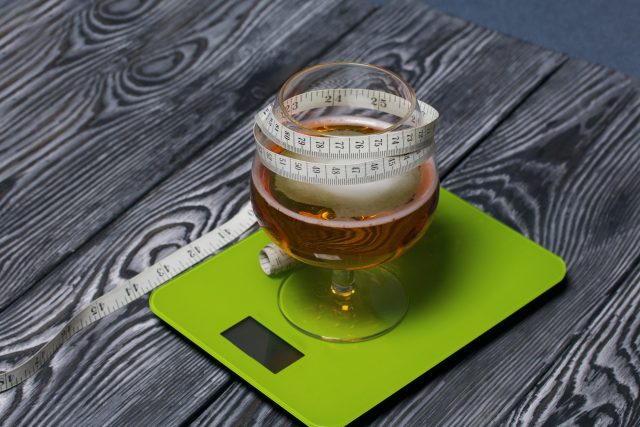Will the Wegovy trend affect beer sales?
By Jessica MasonInvestors have been showing concerns that the demand for the weight-loss drug Wegovy will lead to a sharp drop in beer sales.

According to Marketscreener, the new treatment from Novo Nordisk’s Wegovy has prompted urgent questions from investors about the implications for the brewing industry and already sparked share sell offs in companies that are set to be hit by reduced sales.
This week, global brewers AB InBev and Carlsberg played down concerns among some investors after surveys of current users had shown anecdotal evidence that the drugs dulled their appetite for more than just food, with respondents reporting reducing or cutting out alcohol altogether.
Speaking this week after AB InBev’s results, chief executive Michel Doukeris likened the concerns to ones such as how cannabis could impact the sector.
Doukeris said: “Two years down the road and that conversation is gone,” adding that forecasts actually showed beer drinking would rise and hinted that although he was watching the data carefully, it was too limited to draw conclusions.
Similarly playing down concerns to investors, this week Carlsberg’s new chief executive Jacob Aarup-Andersen told Reuters that he had seen no “significant change” so far as a result of the use of weight-loss drugs, and that retailers had not mentioned any impact as yet.
Aarup-Andersen assured: “It’s early days and we can be proven wrong, but we are relaxed about it”.
Partner Content
Both CEOs drew attention to the fact that each of their portfolios include low-calorie and low-carbohydrate beers, while they also have significant businesses in markets where obesity is less of an issue than in those where demand for weight-loss drugs are taking off.
For instance, a bottle of Budweiser has around 116 calories, while a can of its zero-alcohol version contains just 46 calories. The World Health Organisation (WHO) recommends a healthy adult should consume between 2,000 and 2,400 calories per day.
One reason that Wegovy has triggered investor concerns is that it belongs to a class called GLP-1 agonists which were originally developed to treat type 2 diabetes. However, in addition to controlling blood sugar levels, the drugs are also said to affect hunger signals to the brain and slow the rate at which a person’s stomach empties, making them feel full for longer.
Some clinical trials have already reportedly found treatment with GLP-1 agonists reduces alcohol consumption and eases symptoms of alcohol withdrawal sparking concerns that wider use will affect the drinks sector. Although clinical trials are still quite limited and have been largely focused on people with alcohol use disorders, further trials are underway.
One trial looking at the impact of a different GLP-1 agonist on alcohol intake among humans has been reported to have showed mixed results since it decreases total alcohol consumption for some, but not all users. Despite this, investors are still worried about the impact on brewers if such drugs reduce overall consumption.
Moritz Kronenberger, portfolio manager at Germany’s Union Investment admitted: “You have to drink something, but you don’t have to drink beer” and lamented that there should be more proactive communication on the topic from the brewers, as well as more data so that further predictions can be made. Also echoing concerns, Janus Henderson portfolio manager Tom O’Hara added that, even though it was in its infancy, brewers “shouldn’t be complacent to it”.
Related news
Campaign to help cask ale gain UNESCO recognition underway




